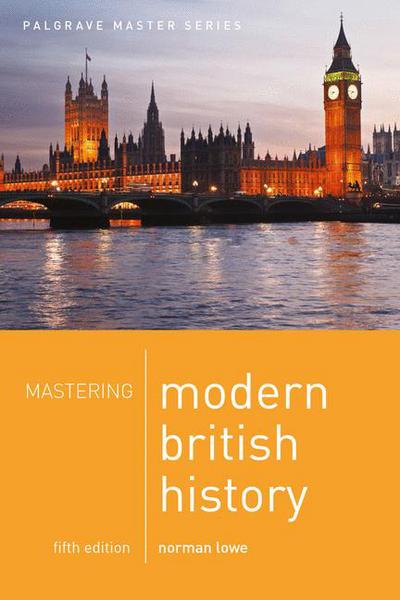


Are you sure you want to reset the form?
Your mail has been sent successfully
Are you sure you want to remove the alert?
Your session is about to expire! You will be signed out in
Do you wish to stay signed in?
Thatcherism and its legacy
Study Sources A to D and then answer the questions that follow.
Source A:
| John Charmley, a Conservative historian, gives his view. If Mrs Thatcher came from the traditional bastion of British Conservatism, she was able to fashion an appeal to the aspirational working classes through the attempt to create a genuinely popular capitalism...; she knew that the claim that government was a cure for all society's ills was essentially fraudulent... This helps to explain the passion she brought to her task - it was an expression of the deepest parts of a forceful personality - and the areas which she felt most strongly about. The sale of council houses to their tenants, the curbing of union power by getting rid of the ‘closed shop’ and making ballots for strike action compulsory, the sale of shares in the privatized industries - all these expressed her vision in which individuals were the basic unit. In the areas mentioned she did genuinely touch a popular nerve.... It is too soon to reach anything like a considered verdict on her long period in office... On a personal level it was a towering achievement. Economically the record was cloudier. Source: J. Charmley, A History of Conservative Politics 1900-1996, Macmillan, 1996. |
Source B:
| Extracts from a biography of Mrs Thatcher by Hugo Young. Was she truly a visionary? Did she possess a strategic idea, or ideas, commensurate with the length of time she served and the powerful personal influence she exercised? Some close members of her staff, when asked this question, would reply with raised eyebrows. They regarded her as a politician who never thought far ahead. She had neither the patience nor the strategic cunning necessary for a political visionary.... All the same it would be a mistake to say she had no large picture of what she wanted to achieve. She certainly did. She may have lacked strategic vision in the sense of an all-embracing plan. But her politics were informed more than any other post-war Prime Minister's by guiding beliefs to which she referred in almost all situations. She saw a smaller state, a more market-oriented economy... weaker unions and stronger businessmen, an enfeeblement of collective provision and greater opportunities for individual self-help. All of these she succeeded in filling with powerful moral purpose, which proved that she was, in some absolute sense, right, and socialists were with equal certainty wrong. ..She was determined to erase socialism from the British agenda. Source: H. Young, One of Us, Macmillan, 1991 edn. |
Source C:
| The view of Professor Martin Pugh. Thus by the end of 1992 the accelerating decline of the British economy had cast the whole experiment of the 1980s into perspective. Although Mrs Thatcher had appeared to be an immensely powerful Prime Minister, she had wholly failed to prevent Britain being drawn inexorably into Europe; indeed the country had, by 1990, lost many of the attributes traditionally associated with a sovereign state. Her economic strategy had been a doomed attempt to recapture a half-remembered, half-imagined era in which the state had played a minimal role in economic and social affairs. By the early 1990s a reaction in favour of Keynesianism had set in. Thatcherism in this context seemed increasingly a Quixotic attempt to tilt at such windmills as Europe and socialism; essentially an aberration in the course of British history. Source: M. Pugh, State and Society: A Social and Political History of Britain Since 1870, (Arnold, 2008). |
Source D:
| Journalist Charles Leadbeater writing in the Observer, 4 May 1997. More of this state is now in the hands of quangos and executive agencies. Power has been centralised, local government neutered. The Tories’ mixed record of achievement makes it all the more remarkable that their ideological triumphs have been so sweeping. The market is dominant; privatisation is irreversible, union reform unchallenged, socialism vanquished; a culture of individualism is more deeply rooted than the current vogue for community suggests. The Tories may have departed but they - and Thatcher in particular - have mapped out the path down which we walk. It will be hard for us entirely to escape Tory ideas and values, because they have had such a powerful influence on us. They preached an ethic of responsibility but relieved most of the middle class of guilt or obligation to the less fortunate. That legitimised a low-level, everyday culture of greed; taking responsibility for yourself has increasingly come to mean grabbing what you can in a society where winners take a disproportionate share of the rewards. The enterprise culture of risk and reward, the Victorian values of work and thrift, have given way to the lottery culture of random selection and the Cedric Brown culture of rampant greed... and the explosion of inequality which will be their most lasting and damning legacy. Source: C. Leadbeater, The Tory Years, in the Observer, 4 May 1997, p28. |
